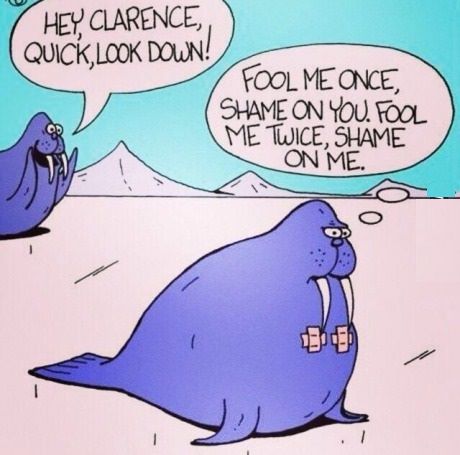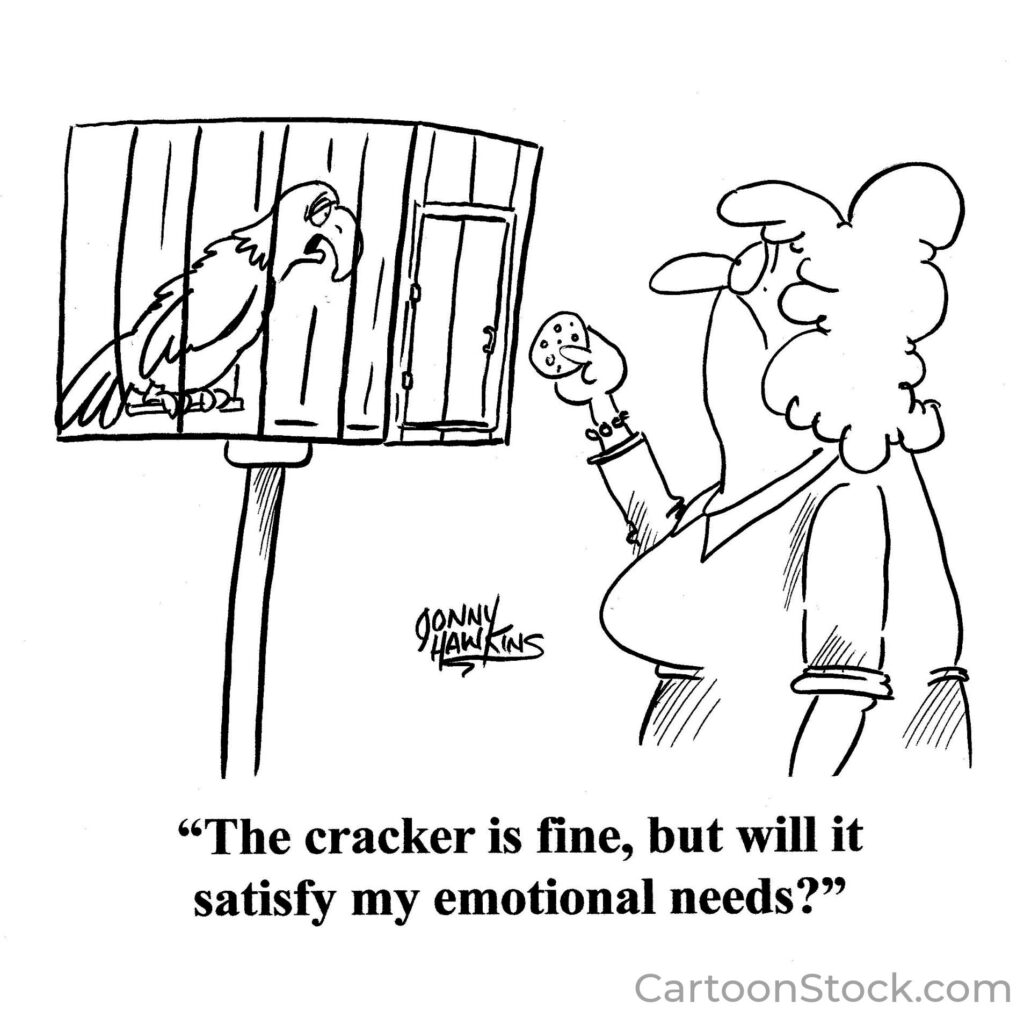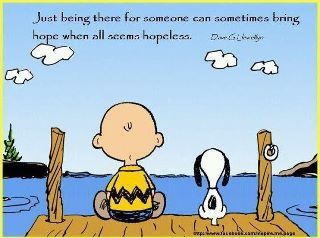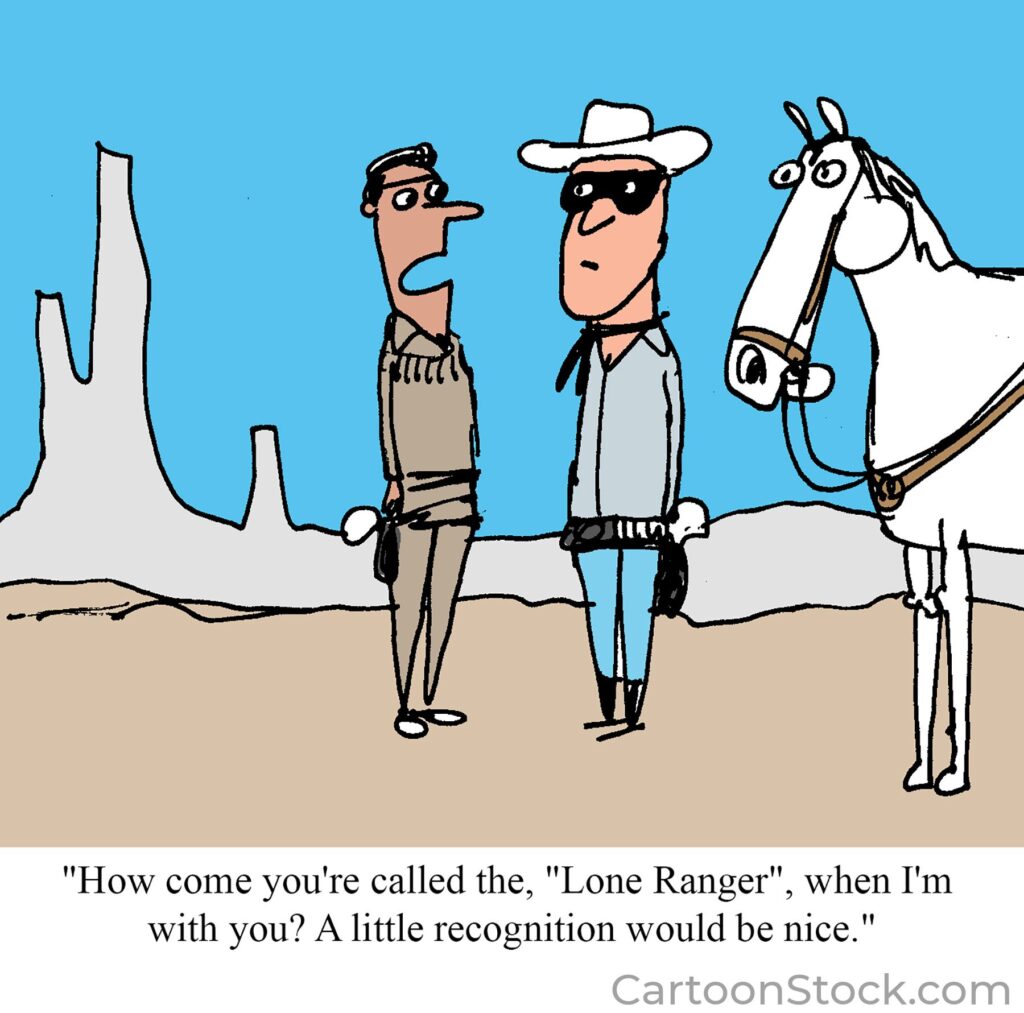
The expression “Fool me once, shame on you; fool me twice, shame on me,” has its origins in the 1600s. The idea is found in a book written by Anthony Weldon in 1651 titled The Court and Character of King James. Weldon writes, “The Italians have a Proverb, ‘He that deceives me once, it’s his fault. He that deceives me twice, it’s my fault.’”
After being tricked once, we should learn from our mistakes and avoid being tricked in the same way again.
There are multiple iterations of this proverb: Fool me once…Hurt me once…Abuse me once…Forsake me once…it’s your fault. But if I allow you to do it again, I bear some responsibility.
Titus 2:15 warns against being taken advantage of: “Do not let anyone despise you” (NIV). Another version reads, “See that no one disrespects you.” In Paul’s letter to Titus, he gives his young mentee permission to defend himself, and to reject abuse and mistreatment. This is the Word of the Lord.
I know this verse has to be balanced with Jesus’ teaching as recorded in Matthew 5: “Whosoever gives you a blow on your right cheek, turn to him the other,” and, “Blessed are you when men revile you, and persecute you, and falsely say all manner of evil things against you for my sake.” I’ll defer to theologians regarding how these seemingly disparate verses can be reconciled, but for now, let’s focus on Paul’s advice to Timothy.
There are times in our lives when we need to resist those who mistreat us. Often the only way to stop a bully is to stand up to him and push back. Just ignoring him and tolerating the abuse will empower him and encourage him to continue. When being mistreated, it’s okay to say, “That’s enough. I will no longer tolerate the way you’re treating me.”
We tend to think bullying occurs most often to children in school or on the playground. But adults are susceptible as well. Sometimes bullying involves serious offenses like emotional or physical abuse. But more subtle forms should also be addressed. For instance, I have a friend who was always late to every appointment we had, sometimes as much as 20 minutes. I finally confronted him, we talked it out, and the issue was resolved.
Are you subject to ongoing abuse, either mild or severe? If so consider removing yourself from the situation or at least have a frank talk with the perpetuator.



